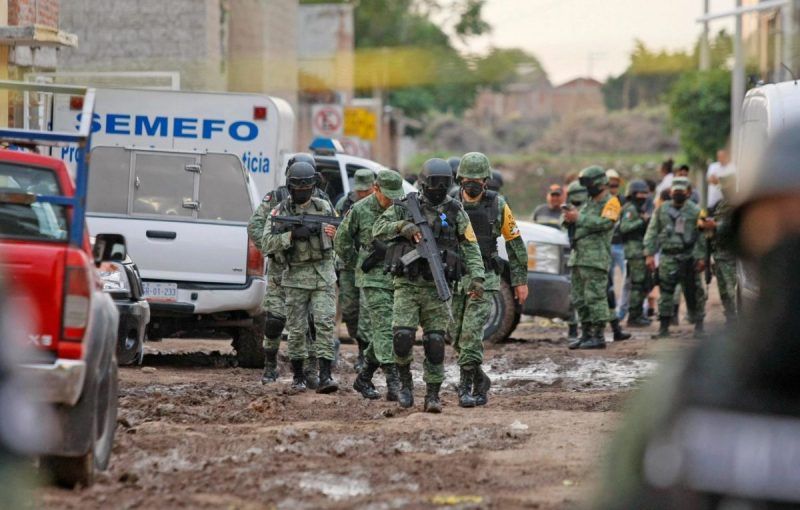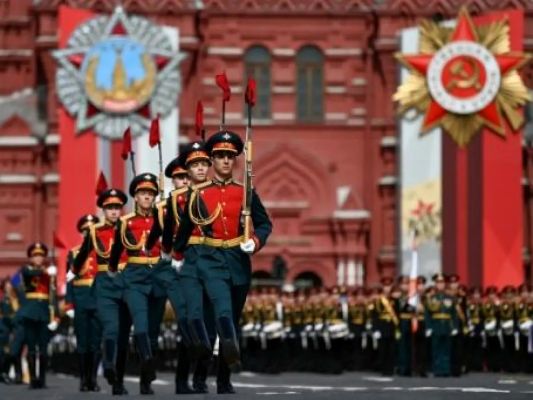Católico, no ideológico
Ideology is a much-abused word. Many who bandy about this term are under the mistaken notion that ideology is synonymous with strongly holding to philosophical or theological truths. On the contrary, ideology is, instead, an intellectual system of ideas or rigid abstract formulas mixed with scientific jargon and some empirical facts that claims knowledge about reaching perfection in the temporal order.
Catholics should never let themselves be called ideologues. Ideologues attempt, according to Eric Voegelin, "to mold reality into a scheme consistent with a posited or assumed idea." Proponents are convinced that when the tenets of one's ideological world-view are properly administered by messianic-elites, society will be transformed into a harmonious secular paradise – in other words, heaven on earth.
Short of the Second Coming, Catholics have – and should have – nothing to do with that.
Ideologies are the progeny of the Age of Enlightenment whose founders worshipped at the altar of progress and were certain that mankind was determined to grow better every day and eventually reach human perfection due to advances in science and technology.
Belief in the inevitability of progress had origins in certain Christian heresies, but got a boost from Cartesian philosophy. René Descartes (1596-1650), the father of rationalism and geometry, sought a foolproof method for absolute certainty in all matters by simply applying pure mathematical reasoning without appealing to religious, traditional, or historical experiences.
To pursue this methodology, the Enlightenment crowd had to eliminate what they perceived as the leading impediment to progress – the Roman Catholic Church. These intellectuals, observed Christopher Dawson, "viewed religion and above all Christianity – as the dark power which is ever clogging and dragging back the human spirit on its path towards progress and happiness. They saw in the development of the historical religions an unrelieved tale of deception and cruelty."
Antoine Destutt de Tracy (1754-1836) is responsible, perhaps more than anyone else, for deliberately setting what he called ideology against the Church with the goal of making man, not God, the measure of all things. For him, ideology was a branch of zoology, and because he viewed man as nothing more than an animal (not a person endowed with a soul) he believed that we could establish an ethical system without revelation or ecclesiastical authority but solely on the basis of brute feeling. Destutt de Tracy's followers called themselves Ideologues and supported Napoleon's coup d'état in 1799.
Napoleon quickly tired of their pseudo-scientific creed, and concluded "ideologues" were hopelessly misguided intellectuals who had no grasp of the reality of civil order. "All the misfortunes," he said, "that our beautiful France has been experiencing have to be ascribed to ‘ideology,' to that cloudy metaphysics which goes ingeniously seeking first causes and would ground legislation of the peoples upon them instead of adapting laws to what we know of the human heart and the lessons of history. Such errors could only lead to a regime of men of blood and have in fact done so."
Napoleon got it right. No matter the type of ideology (Rousseauism, Marxism, Anarchism, Nationalism, Nazism, Maoism, Castroism, even Bin Ladenism) they claim to have absolute analytical creeds that supersede practical experience. All ideologues reject societal norms, values, traditions, and folkways as obstructions in the quest for absolute power. And they are committed to stamping out the Church because it preaches that terrestrial paradise can only come from God at the end of time, not us.
Ideologues plot revolutions to redeem the "deluded," "oppressed," and "exploited" masses. Violence, terrorism, assassination are all considered appropriate, even rational, methods to eliminate hostile opponents and to polarize the masses.
Frustrated, narcissistic intellectuals who believe they are entitled to political power and privilege are attracted to ideological movements because they envision themselves as the high-priests who will enforce the commandments and interpret the catechism of the new religion. This, though they too, are often victims of such systems.
"Ideology," wrote Eric Voegelin, "is existence in rebellion against God and man. . .the violation of the First and Tenth Commandments, if we want to use the language of Israelite order. . the nosos, the disease of the spirit, if we want to use the language of Aeschylus and Plato." While the ideological formulas may vary, the ends are the same: domination. Since ideological formulas are absolute, no dissent is tolerated. For ideologues the party line is the only line – the total line. The ideologue, as totalitarian, rationalizes any means to achieve his earthly paradise; the result, as the rest of us know from sad experience, has been a living hell.
The Catholic Thing

 0
0
 5
5

